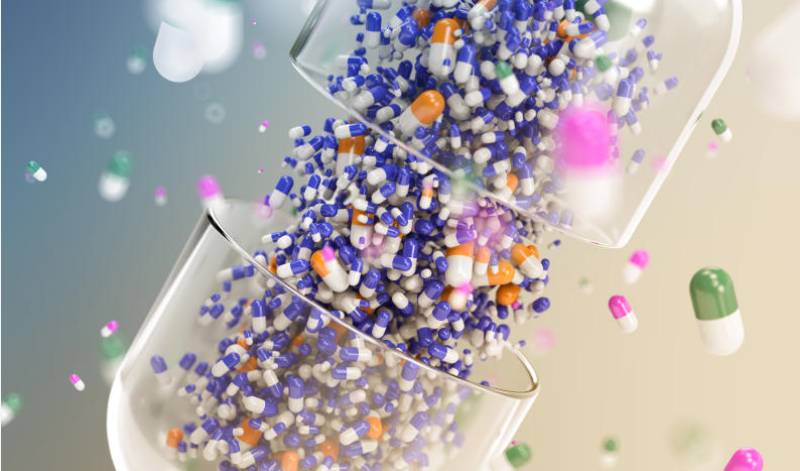×
The Standard e-Paper
Fearless, Trusted News

Antibiotics are among the most prescribed drugs in the world. Since Alexander Fleming discovered penicillin in 1928, antibiotics have become a major part of modern medicine. The global intake of antibiotics has been projected to increase by 15 per cent between 2015 and 2030.